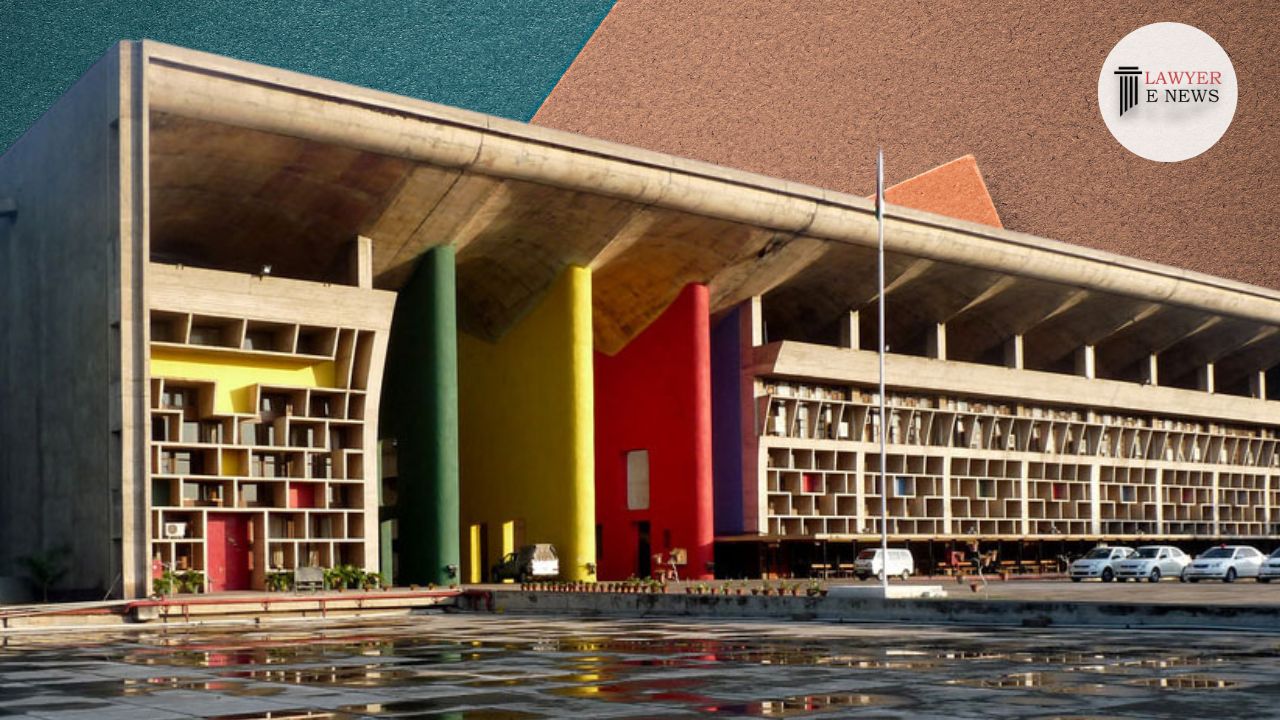-
by Admin
15 February 2026 5:35 AM



Court dismisses plea to overturn 2007 ex-parte decree, highlighting significant procedural oversights and unexplained delays.
In a recent judgment, the Punjab and Haryana High Court rejected a petition to set aside an ex-parte decree issued in 2007. Justice Alka Sarin emphasized the absence of a valid explanation for the delay in filing the application under Order 9 Rule 13 of the Code of Civil Procedure (CPC) by the petitioner, Sakattar Singh. The decision underscores the court's firm stance on procedural diligence and timely actions in legal proceedings.
Background:
The case originated in 2002 when Manjit Singh, the respondent, filed a suit for possession by way of specific performance of an agreement to sell property dated November 11, 1999. The property in question, located in Village Kale Ghanupur, Amritsar, involved 125 square yards of land. Despite proper notices, Sakattar Singh, the petitioner, failed to appear, resulting in an ex-parte judgment in favor of Manjit Singh on January 10, 2007.
Court Observations and Views:
Service of Summons:
Sakattar Singh argued that he was never properly served with the summons, claiming the address used was incorrect. The address in the plaint was "5-A, Mohindra Colony, Model Town, Amritsar" instead of "5-A, Majitha House, Rani Ka Bagh, Amritsar." Despite this, the court found that the same address was used successfully for serving execution proceedings, where Singh did appear.
Delay in Filing Application:
The critical issue noted by Justice Sarin was the unexplained delay. Singh filed the application to set aside the ex-parte decree on May 17, 2013, over a year after allegedly learning about the judgment on May 14, 2012. The court highlighted the absence of any application or prayer for condonation of this delay, deeming it a significant procedural lapse.
Legal Reasoning:
Justice Sarin's judgment focused on the importance of timely responses in judicial processes. The court noted, “Even if the date of knowledge is considered to be May 14, 2012, there is no explanation given for the delay in filing the application under Order 9 Rule 13 CPC which was filed after a delay of more than one year.” The failure to provide an adequate explanation or seek condonation demonstrated a lack of procedural compliance.
Quotes from the Judgment:
Justice Sarin remarked, “There is no illegality or irregularity in the impugned orders,” underscoring that procedural diligence is paramount in legal proceedings. The judgment also stated, “The application under Order 9 Rule 13 CPC proceeds on the premise that it was being filed within time from the date of knowledge. There was no application or even a prayer for condonation of delay.”
Conclusion:
The dismissal of the petition by the Punjab and Haryana High Court serves as a stern reminder of the necessity for prompt and proper procedural conduct in legal matters. By upholding the lower courts' decisions, the judgment reinforces the judicial expectation for parties to act within stipulated timelines and address service issues adequately. This decision is likely to influence future cases, emphasizing the importance of adhering to procedural rules and timelines in civil litigation.
Date of Decision: June 7, 2024
Sakattar Singh vs. Manjit Singh and Others
